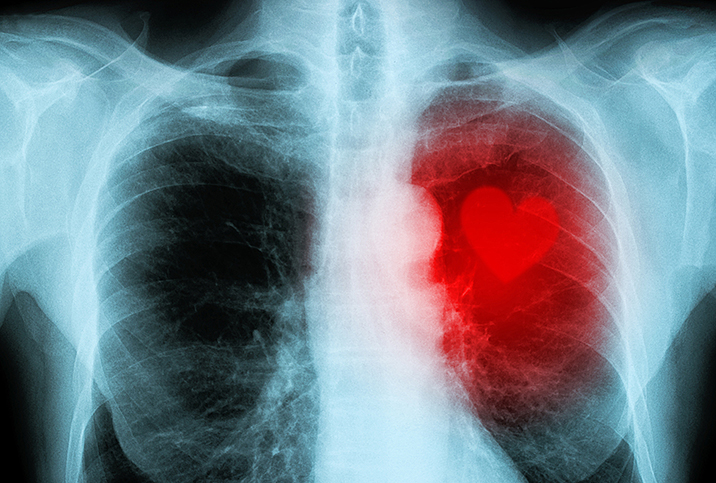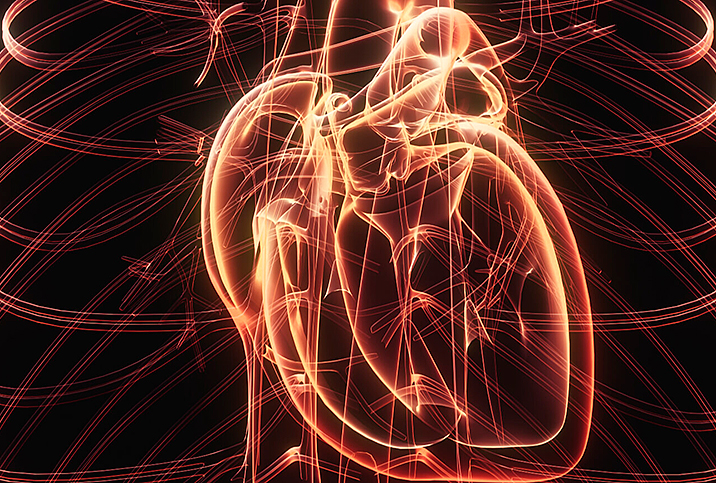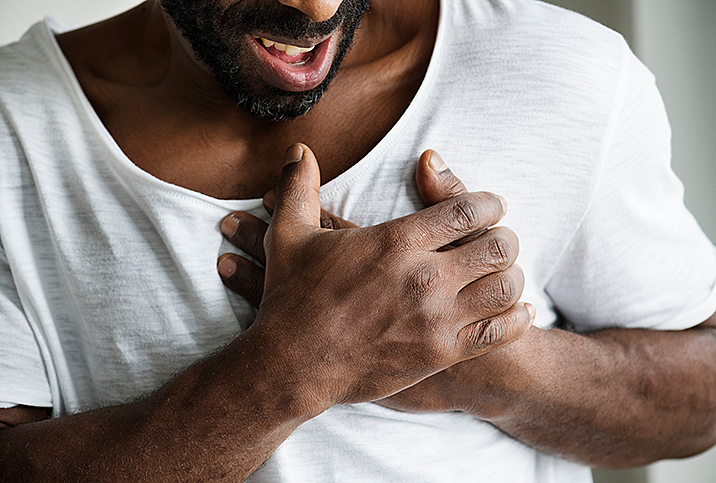Sex and Heart Disease: Finding a Safe Balance

Heart disease can be a frustrating impediment to an active sex life. It can present serious cardiovascular risks and put limits on the amount of high-intensity activity someone can participate in safely.
But for individuals with heart disease who are deemed stable by a physician, regular sex might actually lower the risk of cardiovascular complications. In addition to this benefit, the social intimacy that sex builds between couples can be helpful for mental health issues, such as depression or anxiety, that are often associated with people living with heart disease.
Heart disease and sexual performance
Heart disease not only affects the heart itself but also the blood vessels throughout the body, which are all part of the cardiovascular system. Just as the vessels supplying the heart get narrowed, similarly, the vessels supplying our sexual organs can also suffer from reduced blood flow. This can have psychosocial and biological effects on sexual performance, drive or even initiation. Anxiety about these difficulties, as well as fatigue from dealing with them, can make even the thought of sex feel too overwhelming.
Harvard Health reported that while many people with coronary artery disease fear experiencing chest pain due to sex—the phenomenon has a name: angina d’amour—this specific circumstance accounts for less than 5 percent of all angina attacks and is considered very rare. Still, an open discussion with your doctor about taking a slow and steady approach to sex is ideal and the safest path to take if you have heart disease.
Many people with heart disease find that their interest in sex decreases, but part of the issue may be due to the psychological toll of the disease. A clinical research study published in the National Center for Biotechnology Information found that the psychological effects of heart disease may play a big role in sexual dysfunction for both female and male heart disease patients.
This same study included an estimate that 58 percent of people recovering from a heart attack or heart surgery or interventions have depressive symptoms, which directly affected sexual desire and performance. In fact, the University of Iowa’s Health Care program found a strong correlation between depression and heart disease in a recent study. It showed that depression is three times more common in people who have suffered a heart attack than in the general population.
Mind over matter
Sex can be a powerful mood booster, but its effects can go further than a basic attitude lift.
The Journal of Health and Social Behavior found that sex serves as an emotional bonding tool between partners. A regular post-sex release of feel-good chemicals, such as oxytocin and dopamine, can improve quality of life by strengthening the connection between partners who are intimate. A healthy sex life was also noted to be a motivating factor for strengthening current relationships with family and friends, as well as for making new friends. Both men and women alike were reported to experience mental and cardiovascular benefits from moderate sexual activity.
There’s no doubt that heart disease can make maintaining an active and healthy sex life a bit more difficult. But if you keep a line of communication open with both your doctor and your partner, you could find that easing back into your intimate life will provide a lot of benefits and even help improve your overall health.


















